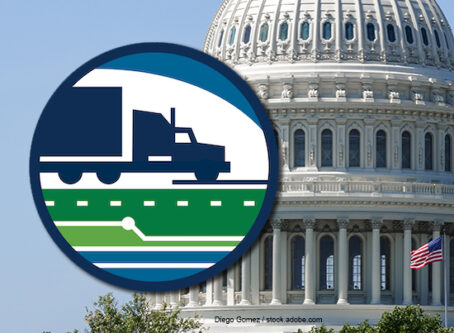Alaska seeks relief from entry-level driver training rule
Citing the state’s rural roads and limited infrastructure, Alaska is requesting an exemption from a portion of the Federal Motor Carrier Safety Administration’s entry-level driver training rule.
In a notice set to publish in the Federal Register on Wednesday, July 6, Alaska applied for an exemption from some of the driver training curriculum. Specifically, the state wants relief from the requirement that Class A CDL applicants demonstrate proficiency in proper techniques for initiating vehicle movement, executing left and right turns, changing lanes, navigating curves at speed, entry and exit on an interstate or controlled-access highway, and stopping the vehicle in a controlled manner.
As part of the application, Alaska Gov. Mike Dunleavy said a decision to not grant the exemption would have a negative effect on the state’s residents.
“Alaska is a unique state due to its geography and limited infrastructure relative to the lower 48 states,” Dunleavy wrote. “There are over 300 cities and villages not connected to the National Highway System. Most remote communities have just a few lane miles of unpaved two-lane roads.”
Dunleavy added that the regulation requires students to demonstrate proficiency at skills that are not necessary, nor able to be demonstrated in remote Alaska communities.
“These regulations require driver trainees to demonstrate proficiency in proper techniques for entry and exit on the interstate or controlled-access highway, but these remote communities do not have the infrastructure or driving scenarios sufficient to meet this demand in the new regulations,” he wrote.
Expenses to acquire driver training
Without a variance from the current regulations, Dunleavy suggested that many residents would be required to spend an estimated $10,000 in training costs, flights, lodging and meal expenses to train in a larger city.
“Without a variance, I am deeply concerned that these regulatory changes will pose significant logistical and financial burdens and have a substantial negative impact on Alaska’s remote economies.”
How to comment
Once the notice is published in the Federal Register, the public will have 30 days to comment. Those wanting to comment can do so by going to the Regulations.gov website and entering Docket No. FMCSA-2022-0122. LL









